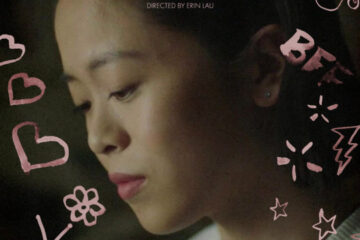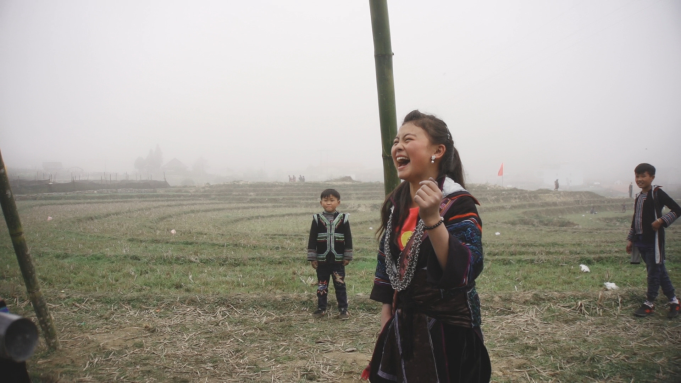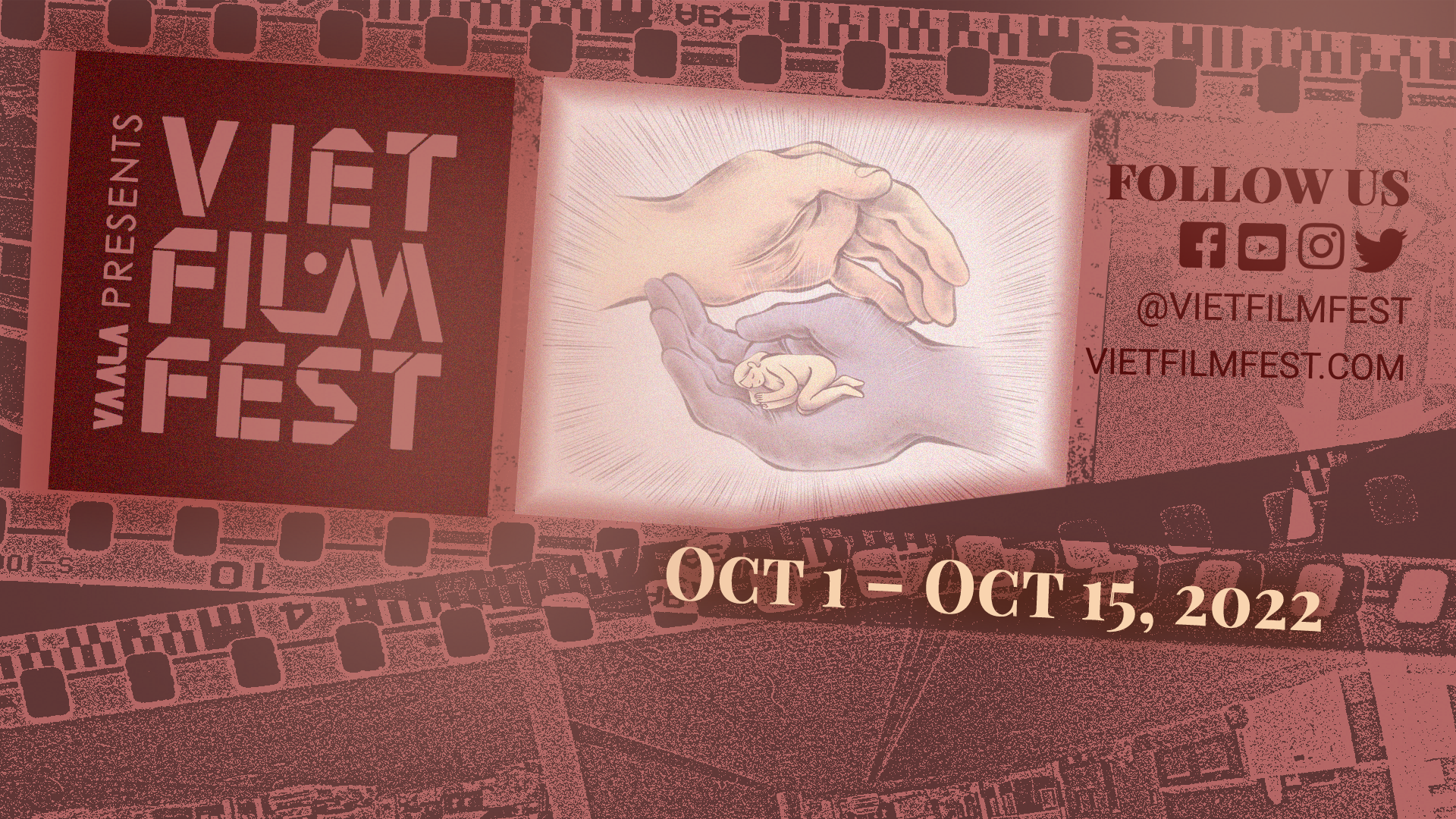This year Viet Film Fest 2022 continues its exploration into the nuances of Vietnamese identity and experimentalism with the film, Daughter. Deep diving into the world of existentialist feminist theory and post-pandemic film interpretation, we spoke with director, Corey Deshon on the film’s inspirations and theorize on the audience’s interpretations. This interview has been condensed and edited.
You’ve mentioned that Daughter was inspired by questions posed in existentialist feminist Simone de Beauvoir’s Ethics of Ambiguity. Could you speak to how her writing has informed the themes of entrapment, freedom, and morality explored in Daughter?
This actually began as a coincidence. In the years prior I started trying to catch up on some college readings, somewhat regretting that I didn’t study a subject that would have given me a deeper understanding of the world. It was a coincidence of timing to read The Ethics of Ambiguity while already engaged in early conversations with actors Vivien [Ngô], Elyse [Dinh], and Ian [Alexander] about developing a microbudget film. The economics of these projects typically limit filming locations, thus the challenge was to find an interesting reason as to why these characters find themselves trapped in the same location, as well as how that trope can remain fresh and engaging to an audience. Additionally, the idea of making a microbudget film began when Vivien and I both felt trapped creatively – specifically feeling trapped by the film industry’s propensity to place artificial limitations on how artists of color are allowed to express themselves. This all pointed to the same central idea: trying to find freedom of personal expression while trapped in an oppressive system that you’re simultaneously dependent on for survival. The Ethics of Ambiguity discusses multiple approaches to personal freedom, some that involve a concern for others’ freedom, and some that are purely selfish. The idea of Ambiguity in the book is that a person is both in their own subjective reality, as well as an object within another’s subjective reality. This is the basis for what can challenge multiple characters who are trapped together within a space, each pursuing their own ideas of freedom. What are people willing to do to achieve that freedom, or more interestingly, what might each person be willing to do to another human being to achieve that freedom for themselves?
I’ve read that your film was produced pre-COVID. How do you think Daughter has changed in its reception and in regard to themes of freedom after the pandemic has started?
In hindsight, I wouldn’t have written a story about a family choosing to lock themselves in their house with the belief that there was a deadly sickness spreading outside. But now that it’s happened, I think the last few years of our lives have created a new relatability to the film. We’ve each experienced being trapped in a confined space while asking ourselves, “How did we get here, and how do we get out of this?” I also think within that time, we all experienced some version of doubling down on ourselves. Whether that was trying to strengthen our best qualities or falling victim to our worst, we became more extreme versions of ourselves. This question is also posed in Daughter: What happens to our identities when we’re presented with some form of a radical catalyst? I think the circumstances will give the audience a reason to either love or hate the film just a little bit more than they otherwise would have.
How does Daughter, Brother, and Mother’s Vietnamese-American identities intersect and complicate their relationships with one another and with Father?
I think that when you enter a new space and are surprised to see there are other people like you, there can sometimes be an expectation of a built-in community. But as we know, it isn’t always that simple, and that expectation isn’t always upheld. In the film, Daughter enters a system of oppression and is surprised to find other people like her. But oppression can affect people differently, and not everyone will respond the same way to the same stressors. Even within a community, you’ll find some people that put self-preservation above all else, the same selfish freedom that Simone de Beauvoir wrote about. In the film, this also becomes part of the experiment. Will this shared identity create a new community, or will it become every person for themselves once the pressure rises?
How do you feel that creative arts, such as painting and acting in Daughter, engage with themes of freedom in Daughter?
I believe that any person who is determined to create will create with whatever resources are available to them, thus bringing us back to where this all started: the challenge of creative expression within an oppressed system. Sometimes to create what you want, it has to be so small that it flies under the radar of anyone who would have told you couldn’t otherwise. This is the idea that gave birth to the film in the first place. It’s no coincidence that creative expression plays a very deliberate role in the film and, without spoiling anything, you might come away with a completely different reading of the film if you kept that theme in mind.
###
Watch Daughter in-person Friday, October 7th at 6 pm @ Viet Fest 2022 in Huntington Beach or stream online starting October 8th @ 6 pm. Get your tickets or pre-order today!
VIET FILM FEST 2022
October 1-15, 2022
Program Schedule and Tickets: https://vietfilmfest2022.eventive.org/welcome
Follow @vietfilmfest on Facebook, Instagram, Twitter, and YouTube



0 Comments